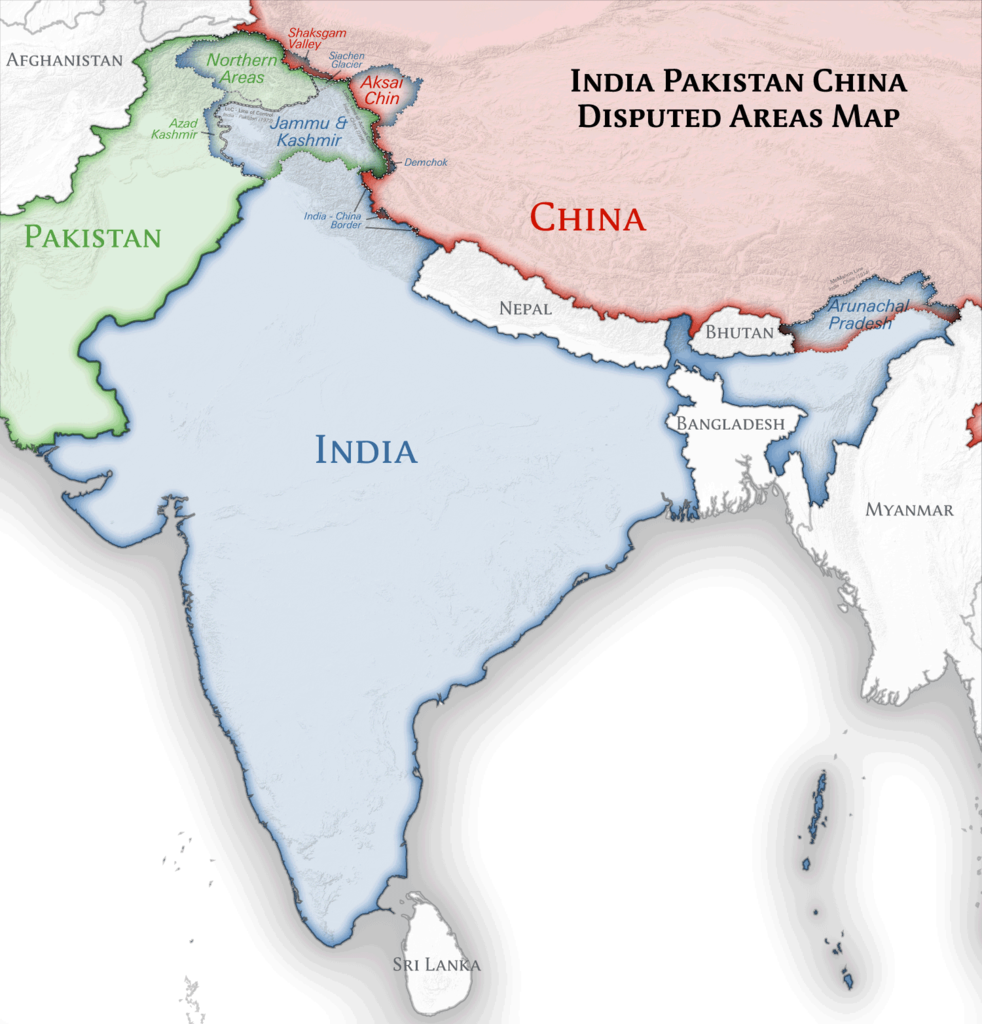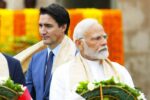Belleville residents want peace between Pakistani and Indian
BELLEVILLE – Residents of Belleville with roots in Pakistan and India say they are deeply concerned about growing tensions between the South Asian neighbours.
The two nuclear powers are on high alert on their border and are closer to conflict than at any point in the last two decades.
“We want peace,” said Shazia Shahid, who comes from Rawalakot in the Pakistani part of Kashmir. She’s lived in Belleville from more than a decade.
People on both sides have suffered a lot because of tensions through the last 70 years, Shahid said.
Harpindhar Singh, a Loyalist student in business studies is from Patiala, in the Punjab province of India. He said that whenever there is a tension between Pakistan and India, the most affected regions are Kashmir and Punjab.
“War only kills innocent people on both sides,” he said.
“(Indian Prime Minister Narendra) Modi jee just wants to win the election so he is creating this all war- hoax, but the only people who will suffer from this episode will be those who will lose their loved ones,” Singh said.
The current tension between the two countries started after the Pulwama attack on February 14 which killed 40 Central Reserve Police Force personnel and the attacker. Responsibility for the attack was claimed by the Pakistan-based militant group Jaish-e-Mohammed. The attacker Adil Ahmad Dar was a local 19-yea-old boy from Indian-administered Kashmir. India blamed Pakistan for the attack. Pakistan condemned the attack and denied any connection to it.
On Feb. 26, the Indian Air Force crossed the Line of Control in Kashmir and executed an airstrike on what India says was a terrorist training camp inside Pakistan. Pakistan accepted the violation of their airspace but rejected the Indian assertion that the target was an alleged terrorist camp. Pakistan says that it scrambled its own jets forcing Indian jets to retreat in haste which saw them drop their payloads in vacant fields and forest and that no casualties or structural damage were inflicted. Reports from international media also support Pakistan’s stance.
The next day, Pakistan’s DG ISPR, Major General Asif Ghafoor said that two Indian aircraft, MiG 21 and Su 30, were shot down inside the Pakistan airspace. He also said that one Indian pilot was arrested by troops on the ground.
On Feb. 28, Pakistan’s Prime Minister Imran Khan announced the release of the Indian pilot who was arrested. The Indian pilot was returned to India on March. 1, but it did not deescalate the tension.
The events since Feb. 14 are part of a historical conflict over the fate of the Kashmir region.
India claims the entire state of Jammu and Kashmir. Pakistan, which administers approximately 37% of the region, denies India’s claim. According to the principals attached to partition, which created Pakistan in 1947, areas with a Muslim majority are supposed to be part of Pakistan. And the majority of Kashmiris are Muslim.
The United Nations intervened in the matter and in 1949 they made a resolution that the army of both countries pull out of Kashmir region and Kashmiris can decide the fate through a free and fair referendum.
“It’s time we solve the Kashmir issue according to UN resolution and Kashmiris will,” Shahid said.
The villagers who live near the line of control suffer greatly due to the aggression of both sides, she said.
“War is not a solution. Pakistan, India and Kashmiris should solve the issue,” she said. “We can’t let India’s aggression kill Kashmiris any more.”
India and Pakistan have fought three wars over Kashmir, including the Indo-Pakistani Wars of 1947 and 1965, as well as the Kargil War of 1999.
Pakistan and India have fought before and both countries know that war will only take them back 50 years, said Singh. Nuclear weapons which both countries have can take the world back to the ice age, so both sides need to be sensible.
Singh praised the steps Prime Minister Khan took to deescalate the tension.
“Its good to see that Pakistan is finally getting itself back to the peace process. Indians should also think who will benefit from the war most and then decide, even in upcoming elections,” he said.
Sharn Jeet another Loyalist college student in general arts and sciences said that he is very concerned about the growing tension between two countries.
“The situation is bad when I look at the media reports, but when I talk to my family in Bhatinda (a city in Indian Punjab) the scene is different,” Jeet said.
“Media is solely responsible for spreading the hate and jingoism,” he said, saying his family is not feeling the same tension.
Jeet said what Modi and his party Bharatiya Janata Party is doing to win elections should not be acceptable to any citizen of secular India.
“War is not a solution. Pakistan and India have a lot of their inner issues to resolve. Let peace prevail.”
https://www.facebook.com/Classifiedjournal/videos/351423052370081/?v=351423052370081
 Print This Post
Print This Post







